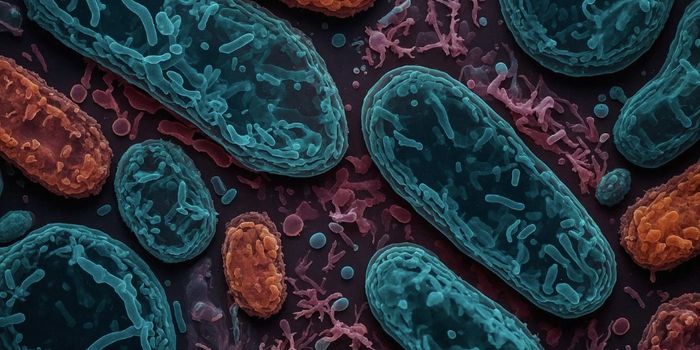Cannabinoids Fail to Improve Measures of Pain Intensity Above Placebo
Cannabinoids are commonly prescribed for conditions such as back and cancer pain. However, evidence that it offers an analgesic advantage over placebo is limited. While a new JAMA study suggests placebos are just as effective, the simplicity of the data extraction might have left out some important pain reports.
After their 2021 review of preclinical cannabis research, The International Association for the Study of Pain (IASP) concluded they “cannot endorse general use of cannabis or cannabinoids for pain.”
A double-blind study from The Journal of Clinical Oncology recently covered by Labroots indicated that CBD oil does not offer improved quality of life or decreased depression or anxiety during palliative cancer care. Hot on the heels of that report is a new meta-analysis from JAMA with broader claims on the effect of cannabinoids on pain intensity.
This meta-analysis reviewed twenty studies, with a total of 1459 participants. The principal investigator, Karin Jensen at Karolinska Institute in Sweden, explained to CNN Network that “the placebo response amounted to 67% of the pain relief associated with genuine cannabinoids.”
Overall, the studies’ placebo groups demonstrated significantly improved pain reduction, further confirming the influence of suggestion on pain perception. The authors recognize “cues embedded in the rituals of medicine,” which influence unknown processes of the body to enact healing or soothe pain.
Studies with robust methodology that decreased risk of bias, and thus had less chance of patients knowing their treatment group, saw a higher placebo response. The authors confidently surmised that “factors such as patients’ expectations of relief are likely to play a role in the analgesic effects associated with cannabis-based treatments.”
The JAMA paper extracted pain intensity reports of mostly neuropathic and multiple sclerosis patients before and after treatment. But there’s a difference between feeling pain, acknowledging its presence, and being in discomfort.
Cannabinoids could affect the unpleasantness of pain, which is a particular aspect of the pain experience. Individuals with asymbolia feel pain but express levels of indifference towards it. Some pain research with cannabis has found asymbolia-like characteristics. Participants accurately reported pain intensity, but cannabinoids decreased the unpleasantness of the sensation. Research in mice has consistently suggested the analgesic effects of cannabinoids with a distinct absence of the psychological placebo effect.
Perhaps a closer examination of the study participant’s pain experience is necessary to fully assess the potential actions of cannabinoids. IASP admits gaps in research contribute to their 2021 summary’s conclusion. Future research should consider the numerous ways people experience pain.
Sources: JAMA (1), (2) The Journal of Clinical Oncology, CNN Network, IASP Cannabinoid Non-technical Summary 2021, Encyclopedia of Clinical Neuropsychology, Pain, Progress in Neurobiology








